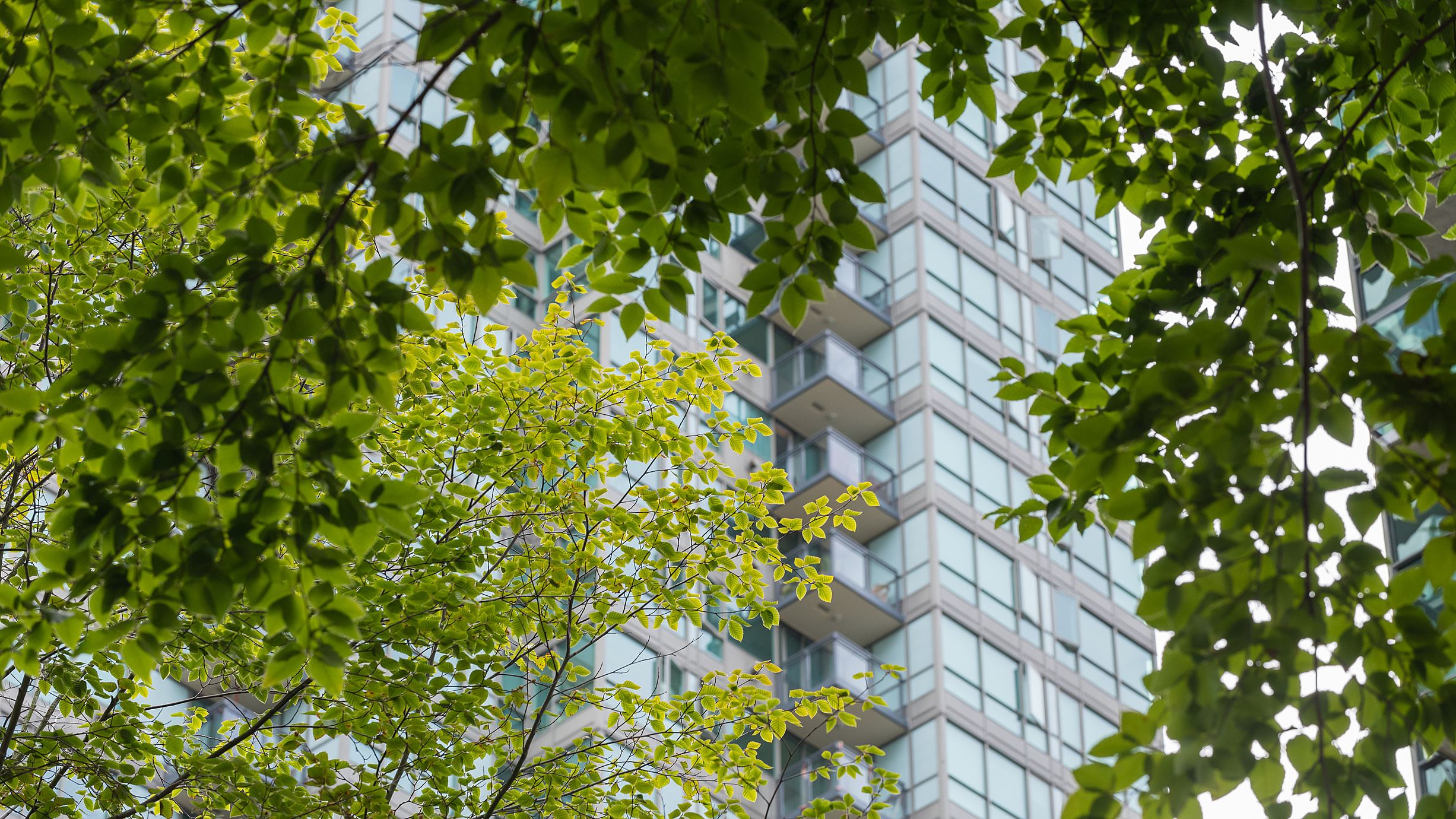Condominiums, townhomes, semi-detached, detached— these terms likely come to mind when considering a home purchase. However, the decisions don’t end there. In addition to choosing a type of home to buy, prospective buyers must decide on the type of ownership. While these decisions can feel overwhelming, especially to a first-time buyer, this abundance of choice allows people to find a property that perfectly fits their budget, lifestyle, and investment goals.
It’s more than likely buyers will encounter strata properties in their search, especially in a densely populated area. While it’s critical to enlist a licensed realtor to help navigate this process, here is a general overview of the strata ownership variations to consider before beginning a home search.
What is a Strata Property?
The most common strata corporations are condos and townhomes— properties with shared areas. Buyers purchase their individual strata units and share ownership of common property or assets, such as elevators, with their neighbours as a corporation.
Residents of a strata building will typically form a council in addition to hiring a property management company to professionally manage the building. Together, the council and management will collect strata fees from owners to pay for property maintenance, including inspections, repairs, improvements, and in some cases, a superintendent or concierge’s salary.
Stratas must abide by standard city bylaws, but they are also entitled to set their own ‘house rules’ for rentals, pets, and age restrictions. While residents own the interior of their homes, special permissions may still be required for renovations.
An ownership stake in a strata property means that the buyer owns each lot or unit, but the strata corporation owns the land itself.
Freehold Strata vs Leasehold Strata
There are two common types of land ownership in BC: freehold and leasehold.
Freehold land means the strata have a full and unencumbered title to the land and the right to occupy it indefinitely. Leasehold properties share many of the same attributes as freehold, with one primary difference: the strata owns the property but leases the land for a predetermined amount of time. In this case, it’s important to pay attention to the length of the lease on the land, not the age of the building. A brand new building sitting on a twenty-year lease will have a much different value than one on an eighty-year lease. Once the lease approaches expiration, the strata will have to renegotiate its terms.
In the case of leasehold strata, the property developer can choose to pay the lease upfront when they develop the land; however, non-prepaid leases mean that buyers will incur additional expenses on top of their monthly strata fees.
Advantages of Strata Ownership
While ownership in a strata corporation comes with its own restrictions, its benefits relate to one primary factor: cost.
Strata membership means that maintenance costs, repairs, and improvements are shared amongst residents. These unforeseen expenses can be a stressful addition to the recurring fixed costs of home ownership, and spreading them across the strata corporation can be an economical solution for buyers. These monthly contributions are proportionate to the size of the unit; the larger the home, the greater the contribution. Additionally, the more features and amenities the building offers, the higher the monthly fees will be.
Freehold strata properties are typically more affordable than standard freehold properties (a single-family home, for example). Studies show that leasehold properties appreciate in a way similar to freehold land, so a leasehold purchase is still a sound and worthwhile investment. Both present interesting options for people looking to break into the housing market.
There are many paths to buying a home, and understanding the different property types can help buyers determine the best choice for their budget and investment goals. Above all, working with a knowledgeable real estate advisor is the single best way to navigate the process.
If you are looking to purchase a home, click here to find a rennie advisor who best suits your unique needs.

advisor insight


